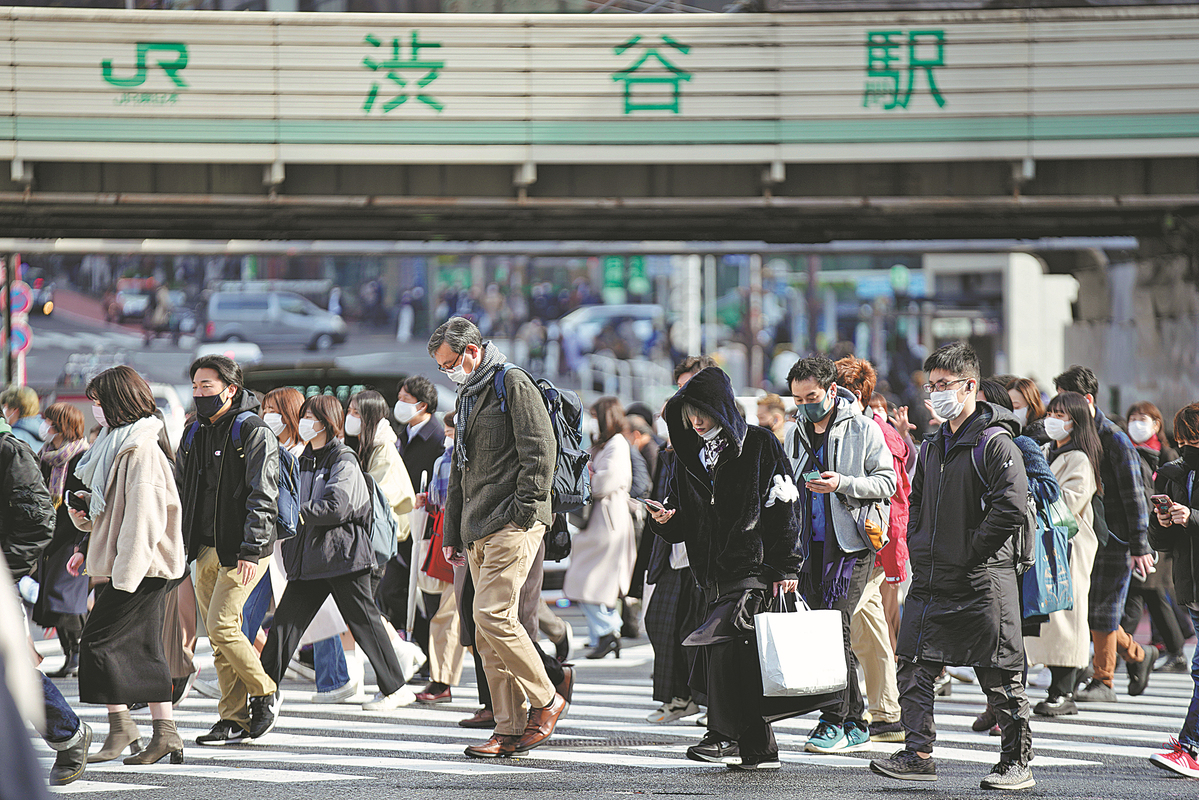Lvwo Technology collects cards all day long, providing a higher than the market competitiveness exchange rate and a reliable cooperation platform. Welcome all card merchants to negotiate and cooperate。
Keyword: moneylion 5104, stable 5392, business card 555740, 5396 onebank , 4985 chime, 4115 current , 4358netspend, 41088 Karma ....
Please identify official WeChat: lvwocfo only this wechat, the others are counterfeit, be careful to choose!

For a new governing team, setting the right course for China relations seen as vital
Relations between China and Japan are closing the year at a crossroads and just which path they take-for a cooperative partnership or a downward spiral-hinges more on the actions taken in Tokyo, experts say.
For some observers, the commemoration of the 50th anniversary of the normalization of diplomatic ties next year may help focus minds in Japan on the importance of a long-term perspective in shaping the bilateral relationship.
"To people, 50 years give more yesterdays than tomorrows but to countries, 50 years means just a beginning," says Yu Qiang, a professor at the University of International Relations in Beijing.
Yu says that although Japan's new government has made some positive gestures toward China, there have been growing uncertainties in the relationship resulting from the opinions advanced by right-wing elements in the country.
Fumio Kishida, after being elected president of the Liberal Democratic Party in September, secured an unexpected majority for the LDP when he led the ruling party as prime minister into a general election in October. Voting was for the House of Representatives, the lower-and more powerful-of the two chambers in the country's legislature, called the Diet.
The expectations had been that the going would be tough for Kishida in the election. Almost all the media commentary and opinion polls suggested that the outlook for the LDP was far from bright before the election. Kishida took up the reins of the party from Yoshihide Suga at a time when the longtime aid of Shinzo Abe had resigned just a year into the top job.
Suga was an unpopular leader due to his handling of the country's COVID-19 outbreak and was blamed for the failure of so-called Abenomics, a stimulus program that took its moniker from Japan's longest-serving prime minister and which was meant to revive the country's stagnant economy.
Against this backdrop, Kishida began his premiership with an approval rating of just 45 percent. The opinion polls handed him the third-worst debut rating among nine prime ministers since 2002. Even worse, that was 20 percentage points lower than what Suga managed when he took office.
It didn't help that the main opposition Constitutional Democratic Party of Japan, or CDPJ, teamed up with several parties, including the Japanese Communist Party, to introduce unified candidates in the October election. The strategy resulted in tight races in many constituencies.
Undaunted, Kishida secured for the LDP 261 seats in the 465-seat lower house of parliament, down from the 276 the party held before the election. Still, that was enough for the party to control almost all the parliamentary committees and to push through any contentious legislation without help from its coalition partner Komeito.
The result appears all but certain to guarantee Kishida a tenure of at least three years as LDP president and up to four years as prime minister, before the next parliamentary election must be held.
"A fortuitous decline in the COVID-19 infection rate in Japan before the election and Kishida's strategy of introducing what he calls new capitalism, which places special emphasis on income redistribution, contributed the most to the election result," Yu says.
According to the scholar, Kishida's new capitalism has, to some extent, defanged the CDPJ's claim that Abenomics has widened Japan's income gap. Then came the rapid increase in the vaccination rate from 40 percent of the population to 75 percent in just two months-another factor that surely helped Kishida.

 大熊日志
大熊日志




